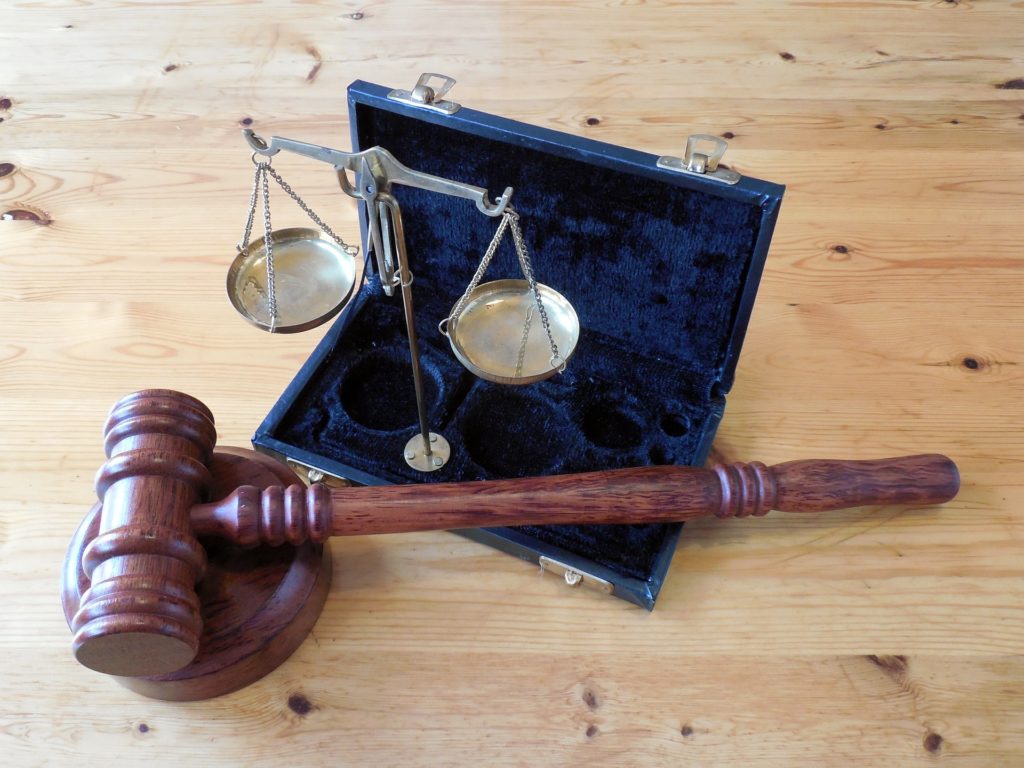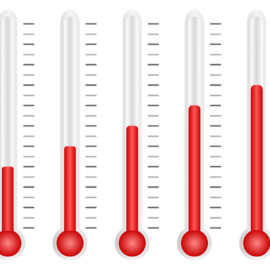
A Supreme Court decision may help protect our coasts! A Dutch Supreme Court decision in fact, not ours.
What would you say if I told you Louisiana has new hope to survive surging seas caused by fossil fuel emissions because the Supreme Court ordered an oil giant to reduce its emissions by 45% over the next eight years? OK, you’d say that wasn’t the United States Supreme Court. And you’d be right. That ruling was made May 25 by the Supreme Court of the Netherlands against Royal Dutch Shell, the world’s second-largest oil and gas company, and a major economic force in that country. But environmental law experts in the United States said it could have a major impact on the climate struggle here by setting a model for our courts to follow. “I think this is a big deal,” said Rob Verchick, the Loyola environmental law professor who worked on the Obama administration’s Clean Power Plan and is president of the Center for Progressive Reform. “I see it as a turning point in the way courts and governments are going to be looking at oil and gas companies in the future.”
nola.com
Shell committed itself to reduce emissions from 2016 levels 45% by 2035 and 100% by 2050. Dutch environmentalist said good but not so good as at this pace the Paris Climate Agreement levels would not be met. The worst of the impacts would not be met.
The court agreed, giving Shell just eight years “to reduce its CO2 emissions by 45% by 2030 with respect to the level of 2019 for the Shell group and the suppliers and customers of the group.”
This was big news, but not unexpected as earlier the same court took the country to task telling the government to reduce emissions. The idea that a government should protect its citizens. Climate lawyers said the Court decided it right and in the right format
But climate lawyers said the biggest news for the planet was the way the court decided on the proper outcome. Federal courts in the west — especially those in the U.S. — have long dismissed such lawsuits saying it was the place of legislatures (politicians) to regulate industries, not the courts. “They have felt it was a bad idea for courts to begin telling industry how to run their businesses,” Verchick explained. “That was a political decision, and as such not a proper place for courts. “But in this case, the court didn’t tell Shell how to reduce its emissions — it just told them they had an obligation to cut it by 45% over a specific time. They left the ‘how’ up to Shell. “That’s a model that can be used by courts elsewhere.”
There have been many suits against the oil industry here. People are waking up to the damage done by oil and want someone responsible to protect them from what climate change is causing. They have won few judgements as the courts don’t want to regulate an industry and on procedural grounds as they are questions if they have standing to present the case.
That might now change. Verchick believes “plaintiffs can now argue to judges, ‘Hey, we’re not asking you to step in and regulate an industry, just to tell them they have an obligation to reduce their emissions. And not on their time frame, but one that the nation needs.’” Louisiana, of course, has learned plenty of important lessons from the Dutch in its fight to hold on to some of its coast. Here’s another one we should adopt.
Yes, we can learn from Europe!



